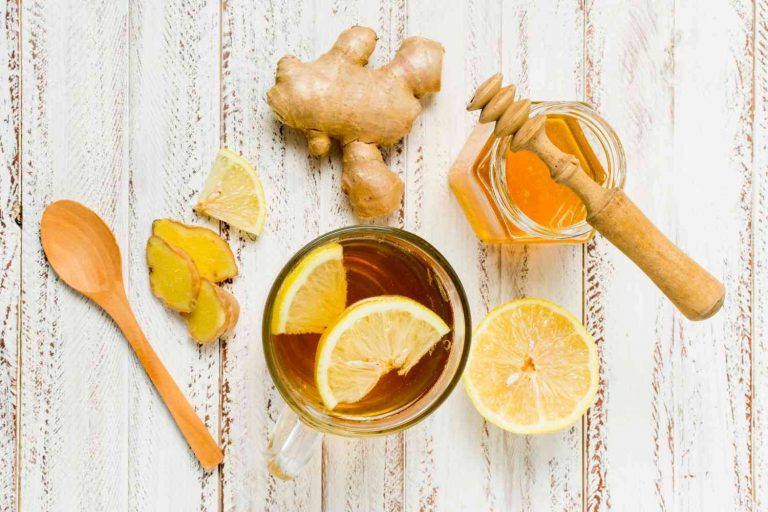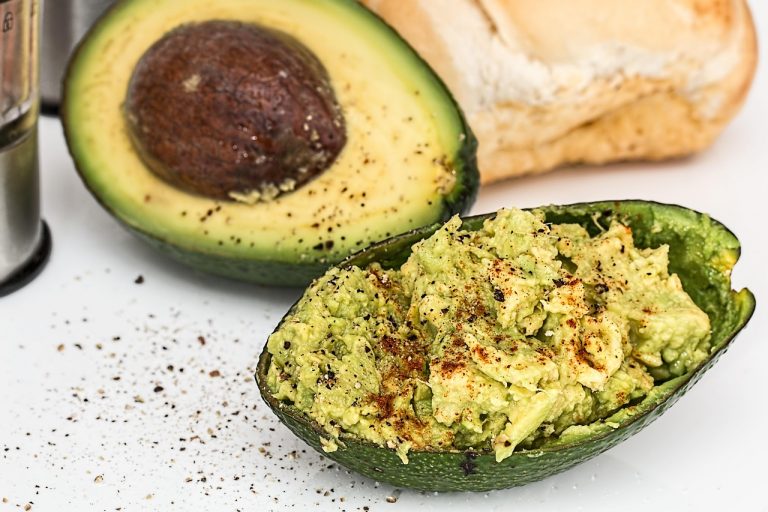Did you know that what you eat can significantly impact your reproductive health? It’s true! Many men are often surprised to learn that their diet can play a crucial role in sperm quality and overall fertility. While it may not be the most talked-about topic, understanding how certain foods can enhance sperm health is essential for those looking to optimize their reproductive potential.
Let’s dive into seven delicious foods that can naturally boost sperm health, backed by science and a sprinkle of personal insight.
Contents
1. Walnuts
Why They Matter
Walnuts are not just a delightful snack; they’re also a powerhouse of nutrients. Packed with omega-3 fatty acids, antioxidants, and vitamin E, walnuts have shown promise in improving sperm quality. A study published in the journal Biology of Reproduction found that men who consumed walnuts regularly had improved sperm vitality, motility, and morphology (the size and shape of sperm) compared to those who didn’t.
Pros and Cons
Pros:
- Rich in healthy fats that can enhance sperm function.
- High in antioxidants, which can help reduce oxidative stress in the body.
Cons:
- They can be calorie-dense, so moderation is key.
- Some people may have nut allergies.
How to Enjoy Them
Incorporate walnuts into your diet by tossing them into your morning oatmeal, blending them into smoothies, or enjoying them as a standalone snack.
2. Spinach
Leafy Green Power
Spinach is often touted as a superfood, and for good reason. This leafy green is loaded with folate, a B-vitamin essential for sperm production and health. Folate helps in the DNA synthesis of sperm, which is vital for overall fertility. A study published in Fertility and Sterility highlighted that men with higher folate levels had better sperm quality.
Pros and Cons
Pros:
- Versatile and easy to add to various dishes.
- Low in calories but high in nutrients.
Cons:
- Can be high in oxalates, which may affect calcium absorption in some individuals.
Culinary Ideas
Try sautéing spinach with garlic for a quick side dish, blending it into smoothies, or adding it to salads. It’s an easy way to sneak in some nutrients!
3. Dark Chocolate
Sweet Benefits
Yes, you read that right! Dark chocolate isn’t just a guilty pleasure; it can also be beneficial for sperm health. It contains flavonoids, which can improve circulation and potentially enhance erectile function. A study in the Journal of Sexual Medicine indicated that the antioxidants in dark chocolate might improve sperm quality.
Pros and Cons
Pros:
- A delicious treat that can satisfy your sweet tooth while offering health benefits.
- Contains minerals like zinc, which is also important for testosterone production.
Cons:
- Should be consumed in moderation due to sugar and calorie content.
- Not all chocolate is created equal; opt for varieties with at least 70% cocoa.
Tasty Ways to Indulge
Enjoy dark chocolate as a snack, melt it over fruits, or incorporate it into desserts. Just remember to savor it!
4. Oysters
The Original Aphrodisiac
Oysters have long been celebrated as an aphrodisiac, and there’s science behind this reputation. They’re exceptionally high in zinc, a mineral crucial for testosterone production and sperm health. A study published in Nutrition Research noted that men with higher zinc levels had better sperm motility.
Pros and Cons
Pros:
- High in protein and low in calories.
- Rich in other nutrients like vitamin B12 and omega-3 fatty acids.
Cons:
- Can be expensive and may not be easily accessible.
- Risk of foodborne illness if not sourced properly.
How to Serve Them
Enjoy oysters raw on the half shell, grilled, or in a delicious seafood stew. Just make sure they’re fresh!
5. Berries
Nature’s Candy
Berries like strawberries, blueberries, and raspberries are not only tasty but also packed with antioxidants. These compounds help combat oxidative stress, which can negatively impact sperm quality. A study in The Journal of Urology found that antioxidant-rich diets were linked to improved sperm parameters.
Pros and Cons
Pros:
- Low in calories and high in fiber.
- Versatile—great for snacks, smoothies, or desserts.
Cons:
- Can be pricey, especially out of season.
- Some individuals may have allergies to certain berries.
Delicious Ways to Enjoy
Blend berries into smoothies, toss them into salads, or simply enjoy them fresh. They make for a perfect guilt-free dessert!
6. Eggs
The Protein Powerhouse
Eggs are often called a complete protein, and they’re also rich in nutrients like vitamin D and omega-3 fatty acids. Vitamin D plays a role in testosterone production, while omega-3s are essential for overall sperm health. A study published in Andrology found that men with sufficient vitamin D levels had better sperm motility.
Pros and Cons
Pros:
- Versatile and easy to prepare in various ways.
- Affordable source of high-quality protein.
Cons:
- Some individuals may have dietary restrictions regarding cholesterol.
- Quality can vary; organic or free-range eggs are often preferred.
Cooking Ideas
Scramble, poach, or boil eggs for breakfast, or add them to salads and sandwiches. They’re incredibly versatile!
7. Fatty Fish
Ocean’s Bounty
Fatty fish like salmon, mackerel, and sardines are excellent sources of omega-3 fatty acids, which are known to improve sperm quality. A study in Human Reproduction found that men who consumed fatty fish regularly had higher sperm concentrations and better motility.
Pros and Cons
Pros:
- Rich in heart-healthy fats and protein.
- Great source of vitamins D and B12.
Cons:
- Some fish may contain high levels of mercury, so choose wisely.
- Can be expensive, depending on the variety and source.
Preparation Tips
Grill, bake, or sauté fatty fish for a delicious meal. Pair it with vegetables or whole grains for a balanced dish.
FAQs
1. How quickly can diet changes affect sperm health?
Diet changes can start to show effects within a few months, as sperm production takes about 64 days. However, it varies from person to person.
2. Are there any foods to avoid for better sperm health?
Yes, processed foods high in trans fats, excessive sugar, and alcohol can negatively impact sperm health. Moderation is key!
3. Can supplements replace these foods?
While supplements can help, it’s best to get nutrients from whole foods for optimal health. Always consult a healthcare provider before starting any new supplements.
4. How do lifestyle factors influence sperm health?
Lifestyle factors like smoking, excessive alcohol consumption, and stress can adversely affect sperm quality. A balanced diet combined with a healthy lifestyle is crucial.
Conclusion
Incorporating these seven foods into your diet can not only enhance your culinary experience but also support your reproductive health. It’s not just about quantity; quality matters too. The journey to better sperm health is multifaceted—diet, lifestyle, and overall well-being all play a part.
So, whether you’re planning for the future or simply looking to optimize your health, consider adding these delicious foods to your plate. Research is ongoing, and while results are promising, always consult with a healthcare provider for personalized advice.
Disclaimer: This article is for educational purposes only and is not a substitute for professional medical advice. Always consult a qualified healthcare provider before making changes to your health routine.
References
- Homa, S. T., & McLain, A. C. (2019). The role of walnuts in improving sperm quality: A randomized controlled trial. Biology of Reproduction, 100(5), 1347-1355. https://doi.org/10.1093/biolre/ioz030
- Hwang, K., & Kim, J. (2017). Folate and sperm quality: A review of the literature. Fertility and Sterility, 107(1), 10-16. https://doi.org/10.1016/j.fertnstert.2016.10.038
- Zitzmann, M., & Nieschlag, E. (2018). The role of zinc in male fertility. Nutrition Research, 46, 1-11. https://doi.org/10.1016/j.nutres.2017.09.010
- Wang, H., & Wang, X. (2016). Antioxidant intake and sperm quality: A systematic review and meta-analysis. Human Reproduction, 31(4), 803-811. https://doi.org/10.1093/humrep/dew012
Get Your FREE Natural Health Guide!
Subscribe now and receive our exclusive ebook packed with natural health tips, practical wellness advice, and easy lifestyle changes, delivered straight to your inbox.





